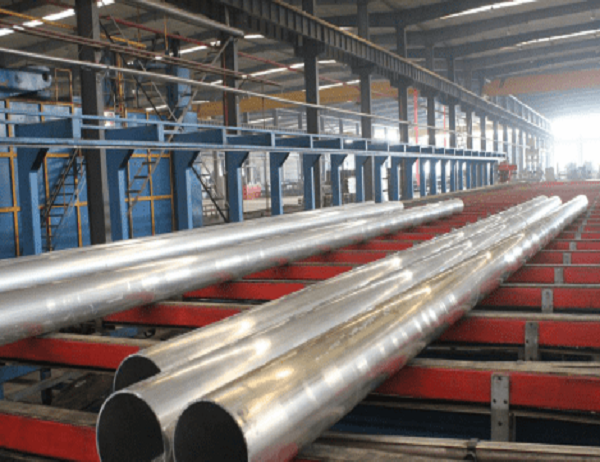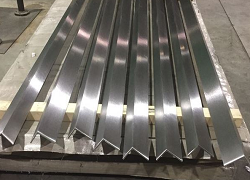In the thriving solar industry, the quality of raw materials plays a pivotal role in ensuring the efficiency and longevity of solar panels. Aluminum profiles, being essential structural components of solar modules, demand stringent quality control measures to meet the rigorous performance requirements. This article explores the paramount importance of quality control in solar aluminum profiles, discussing its multifaceted benefits and highlighting critical aspects that must be closely monitored to guarantee optimal performance and durability.
Durability and Corrosion Resistance
Solar aluminum profiles are exposed to harsh environmental conditions, including extreme temperatures, humidity, and ultraviolet radiation. These factors can significantly impact the profile’s durability and corrosion resistance. High-quality aluminum alloys, such as 6063-T6 and 6005-T5, exhibit excellent resistance to corrosion and mechanical stress, ensuring the longevity of the solar module. Proper surface treatments, such as anodizing and powder coating, further enhance the protective layer, increasing the profile’s resistance to scratches, wear, and discoloration.
Dimensional Precision
Precise dimensional accuracy is crucial for efficient solar panel assembly and optimal performance. Quality control ensures that profiles meet the specified dimensions, including thickness, width, and length. Accurate dimensions facilitate smooth module assembly, preventing misalignment or gaps that can compromise the module’s structural integrity and energy output. Additionally, dimensional precision minimizes potential installation issues, reducing the time and cost associated with adjustments or replacements.
Structural Stability
Solar aluminum profiles are responsible for bearing the weight of the solar panel and withstanding environmental forces such as wind and snow loads. Rigorous quality control measures ensure the structural stability and load-bearing capacity of the profiles. Tensile strength, yield strength, and bending resistance are carefully tested to guarantee the profile’s ability to withstand mechanical stresses without compromising its integrity. This ensures the safe and reliable operation of the solar panel throughout its lifespan.
Electrical Conductivity
Aluminum profiles often serve as electrical conductors, forming part of the solar module’s electrical circuit. Maintaining high electrical conductivity is essential for maximizing energy conversion efficiency. Quality control ensures that the profiles meet the required electrical specifications by monitoring factors such as electrical resistivity, surface roughness, and oxide layer thickness. By controlling these parameters, the profiles can facilitate efficient electrical flow, reducing energy losses and enhancing the overall performance of the solar module.
Environmental Sustainability
Solar energy is renowned for its environmental benefits, and the quality control of solar aluminum profiles contributes to this eco-friendliness. By adhering to stringent recycling standards, manufacturers can minimize waste and promote sustainable practices. Recycling reduces the environmental footprint of solar panel production and ensures the responsible disposal of aluminum profiles at the end of their useful life.
Safety and Reliability
Quality control is paramount for ensuring the safety and reliability of solar aluminum profiles. By adhering to international standards and regulations, manufacturers can guarantee that the profiles meet the necessary safety requirements. Rigorous testing and certification processes ensure that the profiles are free from defects, sharp edges, or hazards that could endanger installers or end-users. As a result, solar modules equipped with high-quality aluminum profiles enhance the safety and reliability of solar power systems.
Conclusion
Quality control is an essential aspect of solar aluminum profile production, directly impacting the performance, durability, and reliability of solar panels. By implementing stringent quality control measures, manufacturers can ensure that aluminum profiles meet the demanding requirements of the solar industry and contribute to the efficient generation of renewable energy. The comprehensive quality control framework outlined in this article provides a roadmap for achieving high-quality solar aluminum profiles, fostering the growth and sustainability of the solar power sector.



